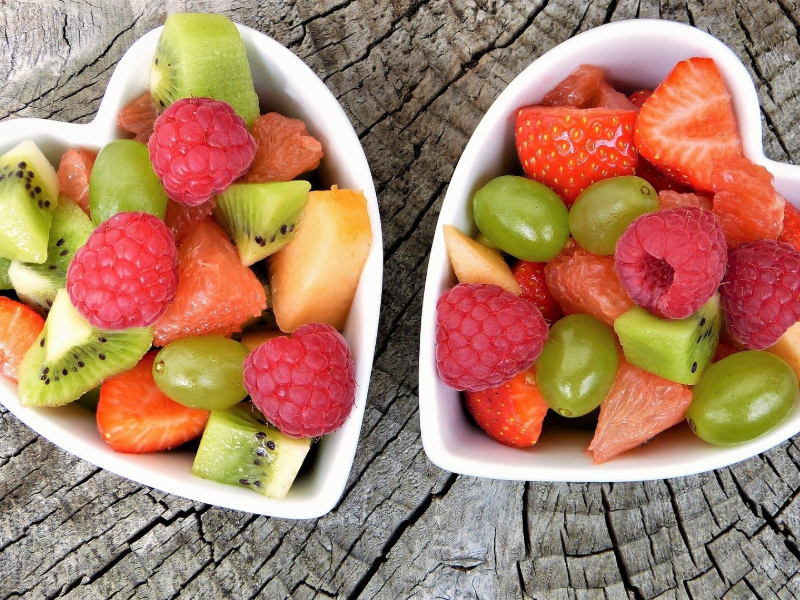Cooling Cucumber Face Mist (For All Skin Types)
Cucumber is extremely soothing on the skin. For this face mist, grate one cucumber and strain the juice through cheesecloth. Mix the juice with a tablespoon of rosewater, mint leaves, and a teaspoon of lemon juice. Place in a spray bottle. Spritz the mixture onto your face throughout the day.
Gentle Coffee Body Exfoliator for Tan Removal (For all Skin Types)
Why spend money on store-bought body scrubs? If you have coffee grounds at home, making this body scrub is a breeze. Mix a quarter cup of brown sugar, half a cup of coffee grounds, 2 tablespoons of sesame oil, olive oil, a few drops of eucalyptus essential oil, and a tablespoon of sea salt. Store the mixture in a glass jar. Use this mixture as a body scrub.
Soothing Cucumber and Mint Eye Mask
A refreshing eye mask can instantly take all the tiredness away from your delicate eye area. For this easy eye mask, blend a few mint leaves, extract the juice, and mix with half a cup of cucumber juice. Add some rosewater to the mixture. Dip cotton pads in this mixture and place them on your eyes. If liked, you may place the soaked cotton pads in a Ziploc bag and refrigerate for 15 minutes before using. You will love the cooling sensation of this eye mask.
Strawberry and Lemon Face Pack
If you love fruit face masks, you are going to love this one. Combine mashed strawberries with a tablespoon of yogurt, half a teaspoon of lemon juice, and honey. Apply this on your face as a face mask. Wash off when dry. Make sure that you dilute the lemon juice before using it on your skin. Since lemon makes the skin photosensitive, use sunscreen before you go out after using this face pack. Avoid lemon juice if you have sensitive skin.
Pore Tightening Egg White Face Mask
This is an easy homemade face mask. Add a teaspoon of orange juice and a pinch of turmeric powder to one beaten egg white. Apply this mask to your face. Let it dry for 15 minutes before washing it off.
It might not be summer but you can still develop rashes and patches that will remain for a long time unless you take good care of your skin. These tips and recipes can help restore your skin’s natural balance and keep it well protected from the African sun.



